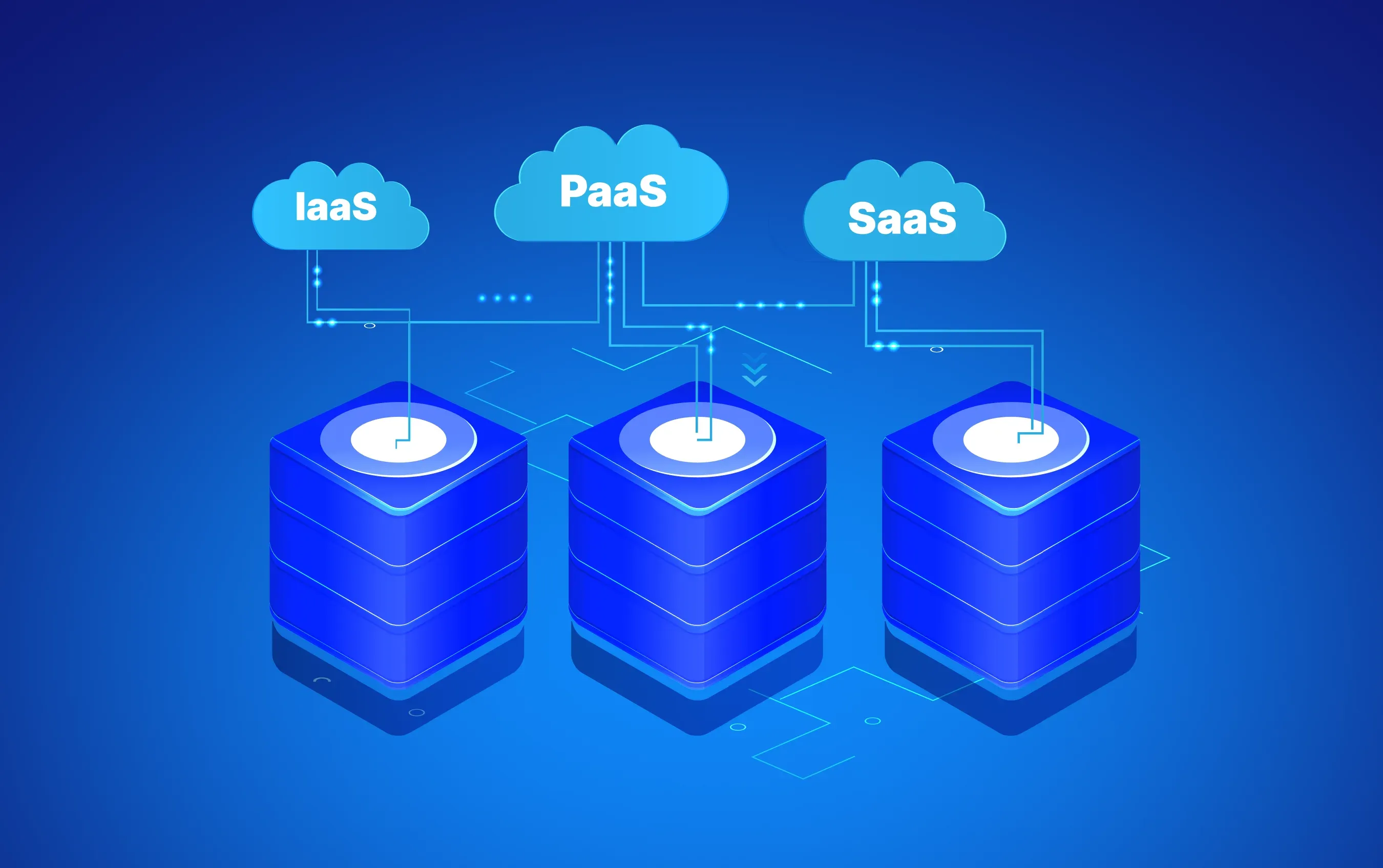
An API, or Application Programming Interface, is an IT solution that enables communication and exchange of services or data between independent software applications. It allows computers or applications to interact with each other, unlike a user interface which links a computer to an individual.
APIs allow developers and companies to utilize existing solutions rather than recreating them, saving time and resources. They enable access to resource-intensive technologies like machine learning algorithms and complex image recognition software.
The three main roles in the API value chain are the API provider, who develops and distributes the API; the API consumer, who uses the API; and the end user, who uses the application that incorporates the API.
APIs can be categorized into three types based on accessibility: Internal (Private) APIs, which are used within a company; Public or Open APIs, which are available on the internet for developers; and Partner APIs, which are accessible only to specific business partners.
A RESTful API is based on the Representational State Transfer (REST) architecture and is commonly used for web services. It communicates via HTTP methods like GET, POST, PUT, and DELETE, and is stateless, which improves performance and scalability.
OData, or Open Data Protocol, is a standard protocol for creating and consuming queryable and interoperable RESTful APIs. It allows for easy sharing and connecting of data between systems using standard HTTP methods and a powerful query language.
SOAP APIs are highly structured and follow strict rules, making them suitable for business-level applications like CRM and banking services. They use XML messages for communication and are known for their reliability and extensibility.
GraphQL is a query language for APIs and a runtime for executing those queries. It allows clients to request only the data they need, making it efficient and adaptable for complex systems with large volumes of data.
Previous insight





